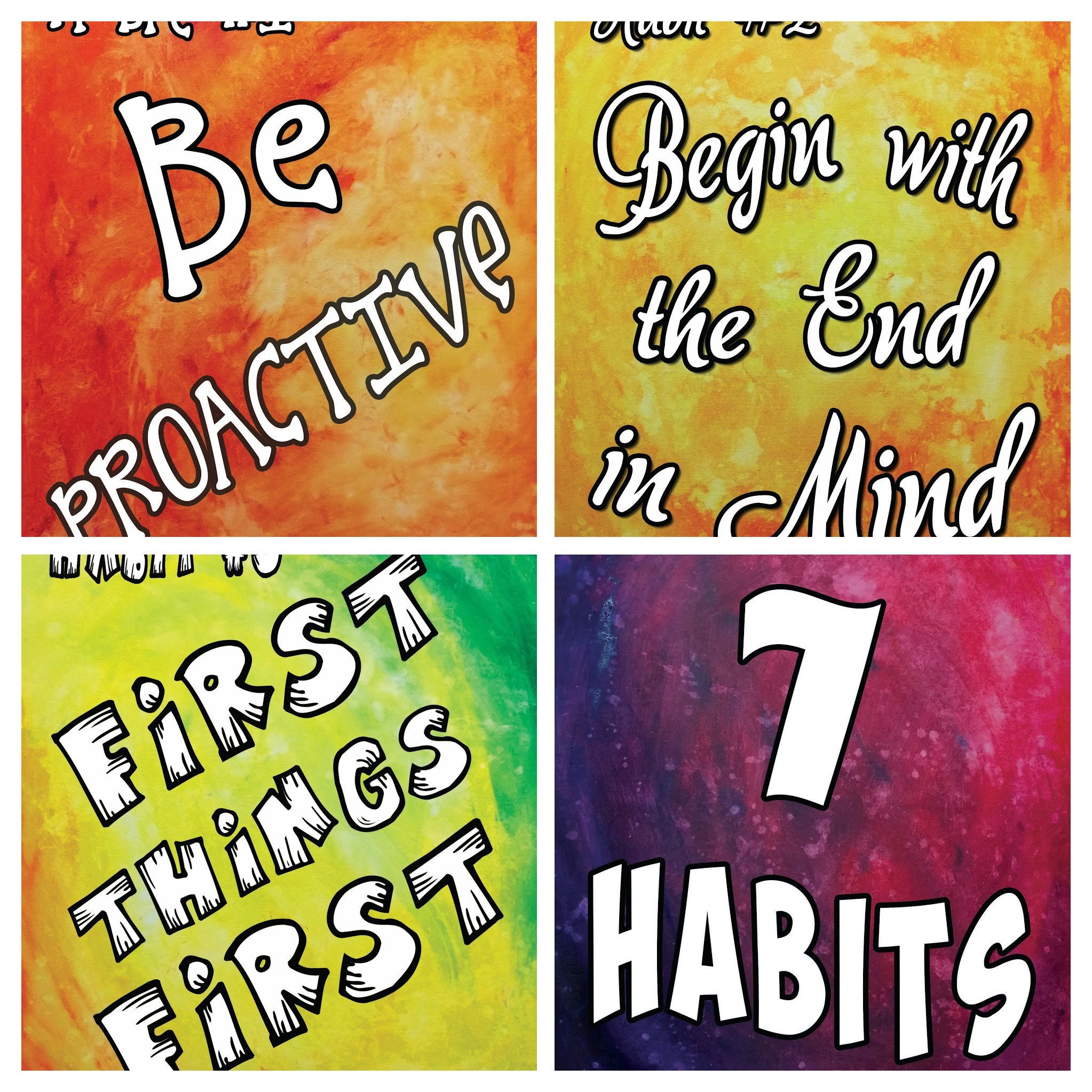

A cross-cultural comparison of sleep duration between US and Australian adolescents: the effect of school start time, parent-set bedtimes, and extracurricular load. Short sleep duration among middle school and high school students - United States, 2015. Wheaton AG, Everett Jones S, Cooper AC, Croft JB.Teen sleep and suicidality: results from the Youth Risk Behavior Surveys of 20. Association of sleep duration with obesity among US high school students. Lowry R, Eaton DK, Foti K, McKnight-Eily L, Perry G, Galuska DA.
7 daily habits of high performance students update#
Insufficient sleep in adolescents and young adults: an update on causes and consequences. Owens J Adolescent Sleep Working Group Committee on Adolescence.Consensus statement of the American Academy of Sleep Medicine on the recommended amount of sleep for healthy children: methodology and discussion. Paruthi S, Brooks LJ, D’Ambrosio C, et al.Many middle school and high school students do not get the sleep they need. Zzzzzz … Sleepy Kids: Most Students Need More Sleep. The American Academy of Sleep Medicine has made the following recommendations for children and adolescents 1: Recommended Hours of Sleep Per Day by Age Group Age Group How much sleep someone needs depends on their age. Other tips for better sleep are available at CDC’s Tips for Better Sleep.Parents can limit where their children may use electronic devices (for example, not in their child’s bedroom).Parents can limit when their children may use electronic devices (sometimes referred to as a “media curfew”).Limiting light exposure and technology use in the evenings.6 To help decide on a good bedtime for your child, go to the Bedtime Calculator. Adolescents whose parents set bedtimes are more likely to get enough sleep. This means going to bed at the same time each night and getting up at the same time each morning. Sticking to a consistent sleep schedule during the school week and weekends.Parents can support good sleep habits such as: About 7 out of 10 (72.7%) did not get enough sleep on school nights.About 6 out of 10 (57.8%) did not get enough sleep on school nights.Students in 9 states were included in the study.Students who get enough sleep may have fewer attention and behavior problems. Teenagers aged 13 to 18 years who reported sleeping less than 8 hours also were considered to not get enough sleep. Students who were 6 to 12 years old and who reported sleeping less than 9 hours were considered to not get enough sleep. 5 Students were asked how much sleep they usually got on school nights.


1 Are Students Getting Enough Sleep?ĬDC analyzed data from the 2015 national and state Youth Risk Behavior Surveys. The American Academy of Sleep Medicine has recommended that children aged 6–12 years should regularly sleep 9–12 hours per 24 hours and teenagers aged 13–18 years should sleep 8–10 hours per 24 hours. Importance of SleepĬhildren and adolescents who do not get enough sleep have a higher risk of obesity, diabetes, injuries, poor mental health, and problems with attention and behavior. Learn how much sleep students need and how many are not getting it. Children and adolescents who do not get enough sleep have a higher risk for many health and behavior problems.


 0 kommentar(er)
0 kommentar(er)
